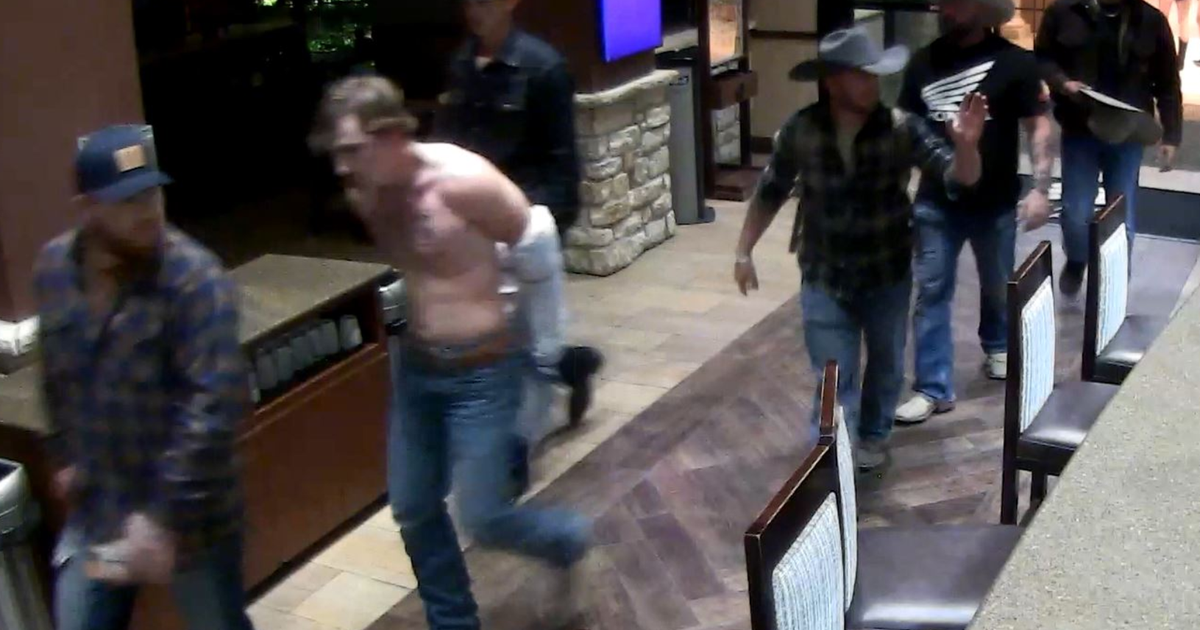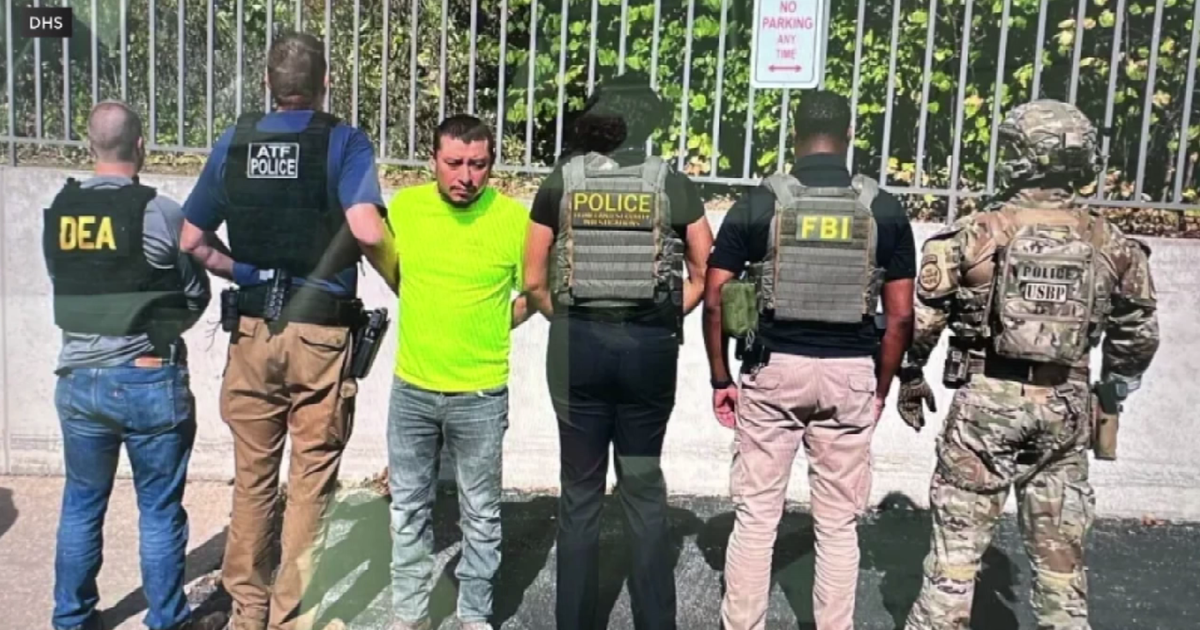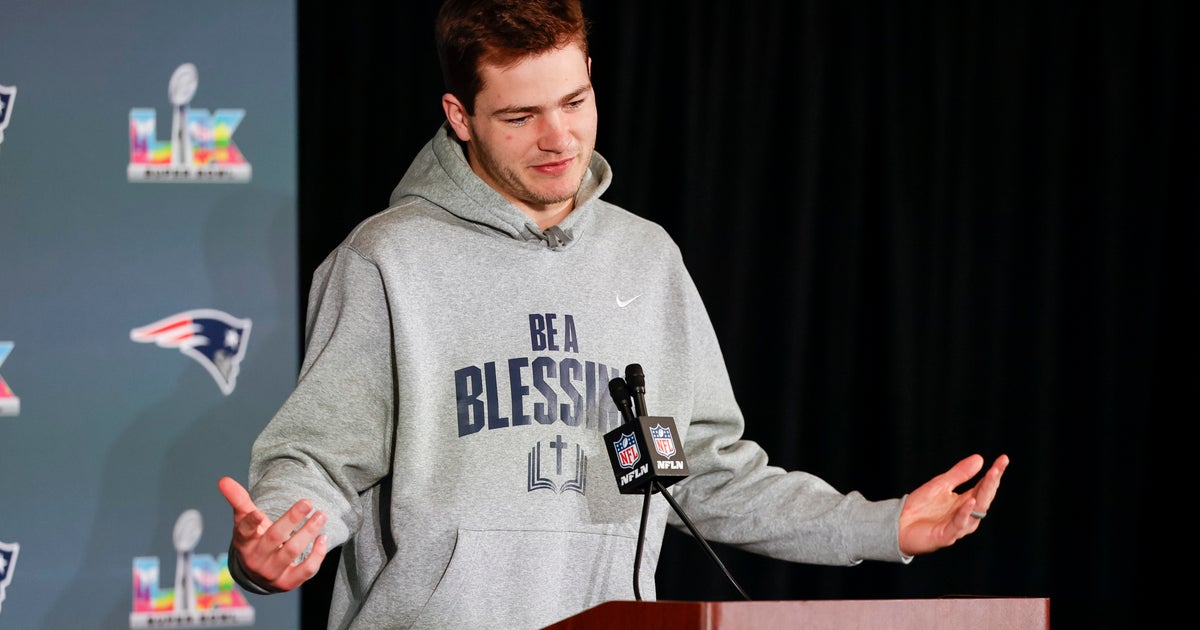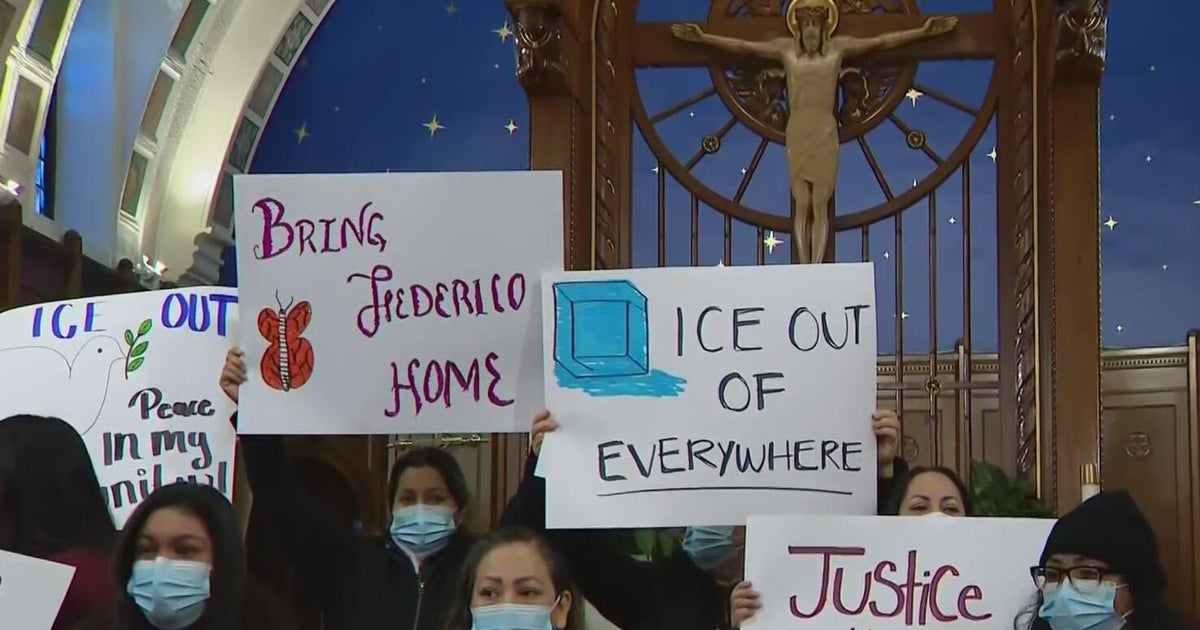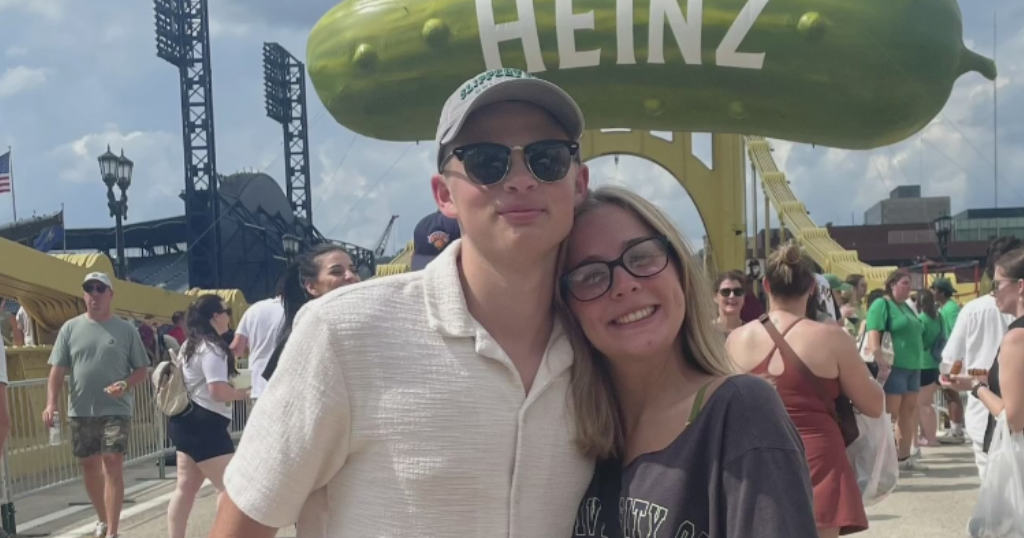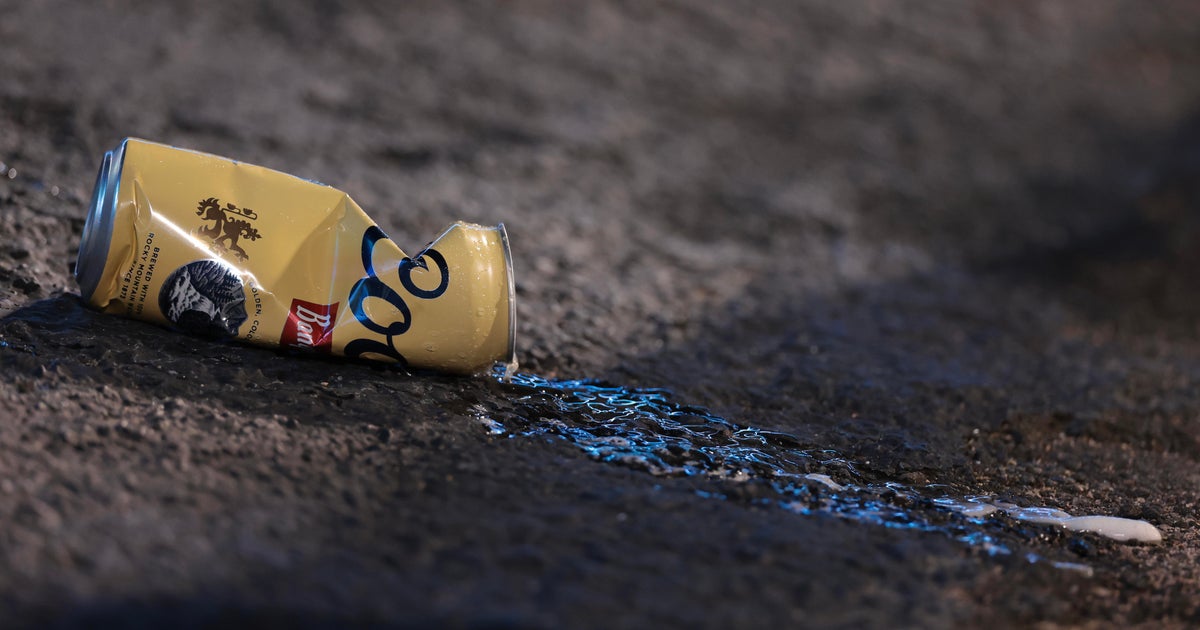Rothstein Scheme Explained In Newly Released Deposition
FORT LAUDERDALE (CBS4) - His nickname was the Prince of Darkness. He was seduced by "greed." And he loved the "Rothstein lifestyle."
Those are just a few of the details emerging from hours of depositions convicted Ponzi schemer Scott Rothstein gave to lawyers suing him over his $1.2 billion dollar swindle.
The law firm of one of those lawyers, Conrad & Scherer, released hundreds of pages of transcripts Wednesday. The documents cover the first day of the depositions, December 12. William Scherer is suing Rothstein on behalf of 50 investors who lost millions of dollars.
In the day long interrogation, Rothstein rats on friends and former business partners and tells the tales that led to his billion dollar Ponzi scheme.
At the outset, Rothstein said he is telling the truth for one reason.
"I risk dying in prison if I lie. Okay?" he said. "I have no intention of dying in prison."
Rothstein hopes federal authorities will shave time off his 50 year prison sentence if he cooperates.
In a word Rothstein said his Ponzi scheme was all about, "Greed."
Rothstein said plenty of people at his law firm knew about the scheme and helped him carry it out. Five former employees have been for their roles in carrying out the scheme.
Rothstein said his former partner Stuart Rosenfeldt knew about the scheme.
"Stu was in a unique position," Rothstein testified. "Stu was not directly involved in the Ponzi scheme, other than to live the lifestyle. At some point he became aware that we were selling the illegal settlements. He tried at one point in time, to my knowledge to attempt to bring an investor in."
Rosenfeldt's lawyer, Bruce Lehr, said those allegations are false.
"Stuart Rosenfeldt did not know about any of the illegalities promulgated by Rothstein until Rothstein got on a plane for Morocco and his Ponzi scheme started to unravel before the public," Lehr said. "Rothstein is willing to throw anyone under the bus to shorten his sentence."
Lehr did acknowledge that Rosenfeldt is under criminal investigation.
Rothstein says his other partner, Russ Adler, turned a blind eye to the scheme.
"If you're asking me if (Rosenfeldt and Adler) knew that there were illegal activities going on in the law firm, the answer is yes," Rothstein said. "They knew that we were moving money illegally in and out of the law firm. At various points in time, they came to know that there was a Ponzi scheme going on, although the word Ponzi was never utilized."
As for the illegal settlements, Rothstein has admitted they were a fraud; a way to hoodwink wealthy investors into handing over large sums of money. The investors thought they were paying off a portion of a plaintiff's settlement and in return receiving the entire settlement. But the settlements were bogus and Rothstein was using one investor's money to pay off another, with interest. Once the investors stopped coming and the money dried up, Rothstein said the search was on for new money to pay off the old investors.
"When you're trying to keep a Ponzi scheme from exploding, you don't really care who is putting the money in," Rothstein testified, "so long as you're getting the money so you can keep the enterprise alive."
At one point when investors started asking questions about the veracity of the settlements and the volume of cases, Rothstein said he turned to four South Florida lawyers outside his firm to lie and vouch for the number of cases he had.
"We had to specifically say they sent us hundreds of cases," Rothstein testified, "which would have been false. They needed to say that these cases were big dollar cases, in the millions of dollars, which was false."
Rothstein credits those lawyers with "saving the Ponzi scheme." Although only temporarily.
There are light moments in the depos. For instance, Rothstein jokes about needing money for his commissary fund when told there is a bet about the acronym used for his nickname, "The Prince of Darkness."
But most of the discussion is focused on several clients for whom Rothstein said he laundered money, lied and helped shield assets.
Rothstein estimates that he spent $200 million during the course of the scheme and used the money to pay the firm's bills, buy cars, houses, jewelry and pay expenses for himself, Rosenfeldt, Adler and others.
Initially, Rothstein said his plan was to use the money to buy and sell businesses, "recouping enough money to pay off the investors and shut (the scheme) down."
But he said the lure of the money was too strong.
"It was the power that got a hold of us and kept pulling this forward; the more power, the more money, the more money the more power, it kept going back and forth until it exploded," he admitted.
He joked that he lived the "Rothstein lifestyle" for a while. But told the lawyer questioning him last week that, "You don't want the lifestyle I have now."

